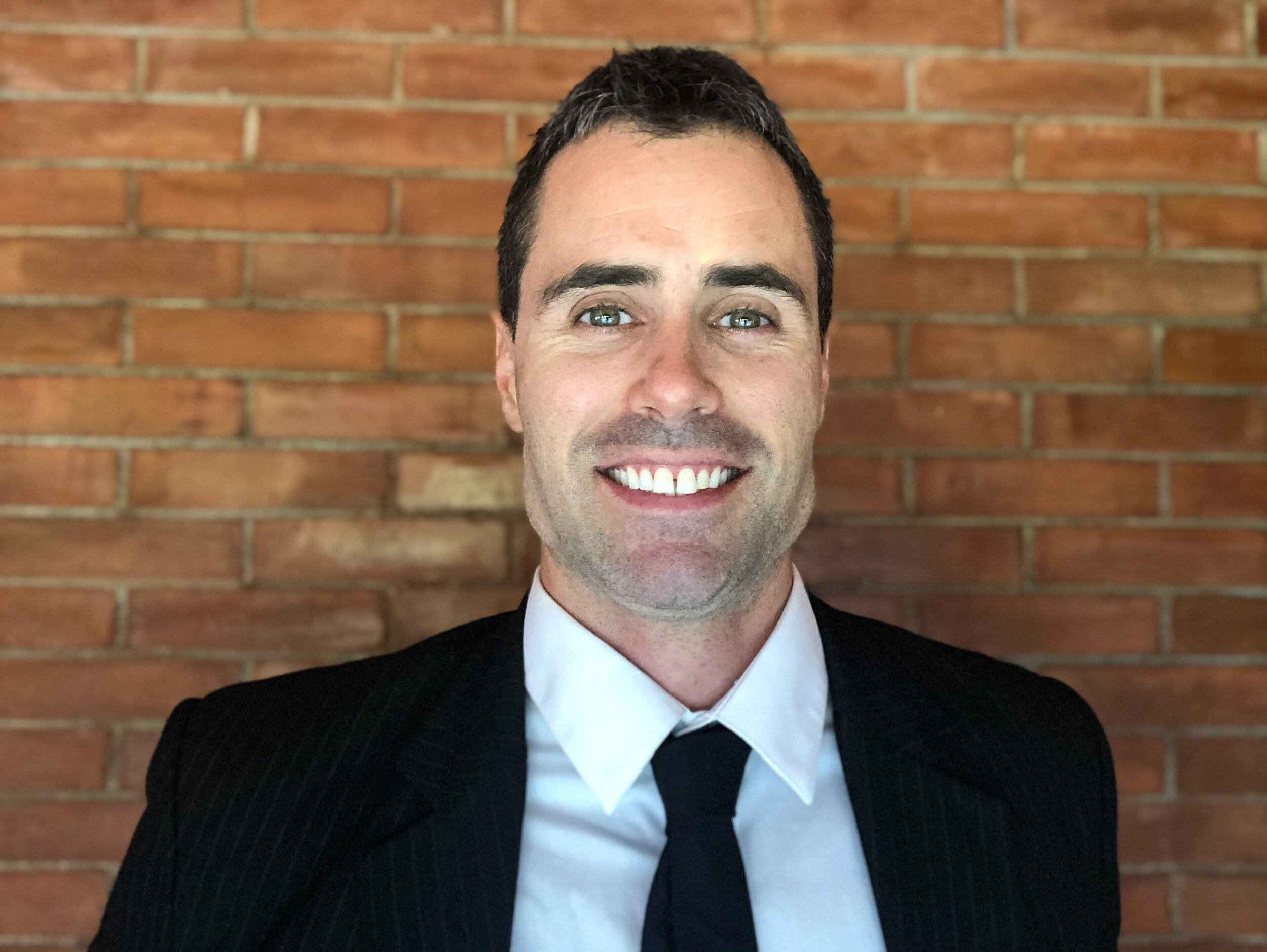2023 Property Market Report: Global Trends & Effects in Nicaragua
*Updated March 3rd, 2023
Anyone following the news and financial markets recently cannot help but notice the headlines. Surging inflation and the rapid increase in interest rates designed to counteract it. The rate increases, and dramatic inflation, are major factors in the current world economy and dominate the news.
The rate hikes initiated by the central banks of the world are having a cascade of effects, on various industries. Real estate, obviously, is one of the most affected. Monthly payments on new and renewing mortgages have shot up as rates have jumped by more than 3% in just the last year. Central banks worldwide are taking dramatic steps to curb that rampant inflation, but that policy has significant ramifications. Unemployment looms for many blue-collar workers as their government-devalued dollars seem to physically shrink in their wallets.
As a result, the volume of real estate transactions in many major markets in North America has decreased. Some markets have actually seen prices fall, and there is a significant probability that a real estate correction is possible, or even an outright crash. at least in many major markets. The highly leveraged nature of markets, combined with a lack of oversight by many institutions (2008 was not a good vintage of economic wine), may speed that decline. Decreases of 10 or 20% in home values will leave many people underwater on their mortgages.
Interest rates in the major foreign markets, especially the United States and Canada, have the most direct implications for the market in Nicaragua. They influence the cost of borrowing money to purchase property or to refinance and invest in other properties. With rising rates, the cost of borrowing increases, making it more expensive for buyers to purchase or refinance property. This leads to a decrease in demand for real estate and a slowdown in the market.
In the United States, the Federal Reserve has been raising interest rates since March 2022 and likely will continue to do so for the majority of the remainder of the year. This has led to speculation about how this will affect real estate markets in other countries. However, the correlation between swings in those markets and ours here is not as cut-and-dry as it may seem. Regional factors, buyer profiles, and economic factors for potential buyers play major roles in determining which markets see the most effects from these changes in fiscal policy abroad.
One of the ways that rising interest rates in the United States, Canada & Europe affect real estate markets in other countries is by making it more expensive to refinance and use capital to buy elsewhere. As those rates rise, the cost of borrowing increases, making it more difficult for foreign buyers to qualify for mortgages or refinancing.
In recent years, we saw many buyers refinance properties in North America, utilize the freed-up capital (which was loaned out almost for free), and invest in properties here. Nicaragua doesn't offer mortgages at a rate that I would even consider mentioning here. Thus, we are essentially a cash market. Cost-benefit analysis meant it made sense to refinance there, buy cash here, and utilize the economics of interest arbitrage. Now, those economics do not make sense.
We are seeing, however, cash purchases seem to be unaffected. They are soaring in the US. According to a recent Bloomberg article they are at their highest level in a decade. Accounting for a majority of purchases in some markets.
The boom in real estate prices in the major economies over the last couple years led to a windfall for those able to take advantage of it. Anyone who sold some or all of their other portfolio realized dramatic gains. Particularly given that leverage enabled higher cash on cash returns. Those gains are allow them to buy anywhere in th world without a mortgage. The value for money here is dramatically superior.
From my anecdotal experience in recent months, we are seeing fewer individuals refinancing abroad to buy here. More were foresighted, savvy, or lucky enough to ride the $9 trillion worldwide wave of stimulus money. Then they sold, freeing up capital to be able to buy down here. A corollary is that, due to a lack of sophisticated and viable mortgage infrastructure here, we did not see the dramatic, untethered to economic reality, increases in real estate prices. Our market generally takes a slow and steady tick upward in appreciation.
Nicaragua did not print massive amounts of money and effectively devalue its Cordoba. (Real estate and most larger purchases here are denominated in dollars.) The unprecedented quantitative easing by wealthy countries, better described as printing unimaginable sums of money, was a major impetus behind the dramatic real estate market appreciation. Assets prices surged while also diluting the value of the currency.
As a cash market in Nicaragua we are not significantly affected by dramatic changes in interest rates. The vast majority of property owners in our region own their properties outright. Hence, they are insulated from fluctuations in monetary policy. With no mortgage to pay, it's easier to avoid the downsides of major real estate market and rate fluctuations. No one here ever walks away from a property because they are under water.
This un-leveraged market provides benefits, but it also has limits. You generally have to buy a property outright. Cash on cash returns relative to investment are always going to be proportionally less, compared to markets where down payments are fractions of sales prices and mortgages.
While this article focuses on the Nicaragua market, and San Juan del Sur in particular, it is important to note that the impact of rising interest rates on real estate markets are never uniform. Factors such as economic conditions, government policies, and local market variations will all play a role. Determining how real estate markets will be affected by rising interest rates has taken a lot on my interest of late. Thus the impetus for this article. Which if you are still reading makes me hope it’s at least somewhat interesting:)
For example, markets with strong demand from those working remotely, professionals, families, and retirees will likely be less affected by rising interest rates. Additionally, countries with established real estate markets may be more resilient. San Juan del Sur and other established communities with amenities fared better than those lacking the aforementioned attributes.
Given that we are a small town, have a limited supply of high quality homes, and hundreds of homes recently sold without being replaced by new construction, I would anticipate fairly stable market values. Especially relative to inflation rates, aka the devaluation of the US dollar. In my opinion, is it likely we will see moderate sales activity for the next six months. That’s a change from the breakneck speed of 2020 to mid 2022.
Pricing seems to be fairly stable. Buyers in the market are often are financially liquid, and the supply is at a historically lower level relative to the last three to four years.
Going forward the pivotal point is how the Fed balances inflation against the recession the U.S. technically entered in summer of 2022. However for foreigners buying here I would not expect too much in the way of significant price declines. At least on the types of properties they generally are looking for.
Despite lower sales volume, closing prices have remained fairly steady at the moment. Especially for the most common types of homes they are looking for, detached single family close to San Juan Del Sur.
Thank you very much for reading if you made it this far.
If you’d like more about property or are looking for something down here, feel free to reach out to me
Joel
Joel Stott-Jess
LifeInNica.com
Cell / WhatsApp: +505 8176 8624
US Number 1 786 753 8743
Skype: joelstottjess
Joel Stott-Jess is a New York Times featured agent / broker in San Juan Del Sur, Nicaragua.
Originally from Alberta, Canada he has been doing business in Nicaragua since 2014.
An investment consultant, serial entrepreneur, surfer, and outdoor enthusiast he is an expert on the real estate and business markets in Nicaragua. He also operates The Central Investor, a real estate and investment blog focused on the entire Central American region.


































Oceanfront Building for Sale on the Sand in Town San Juan del Sur